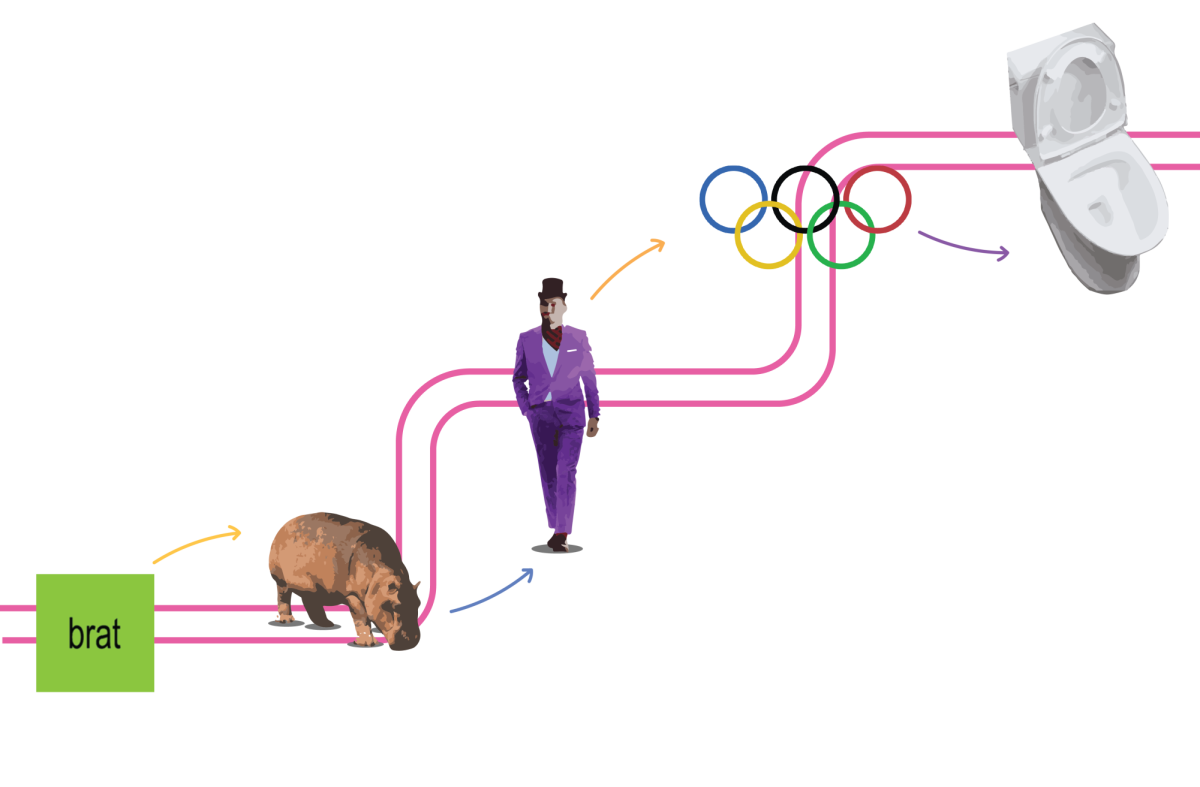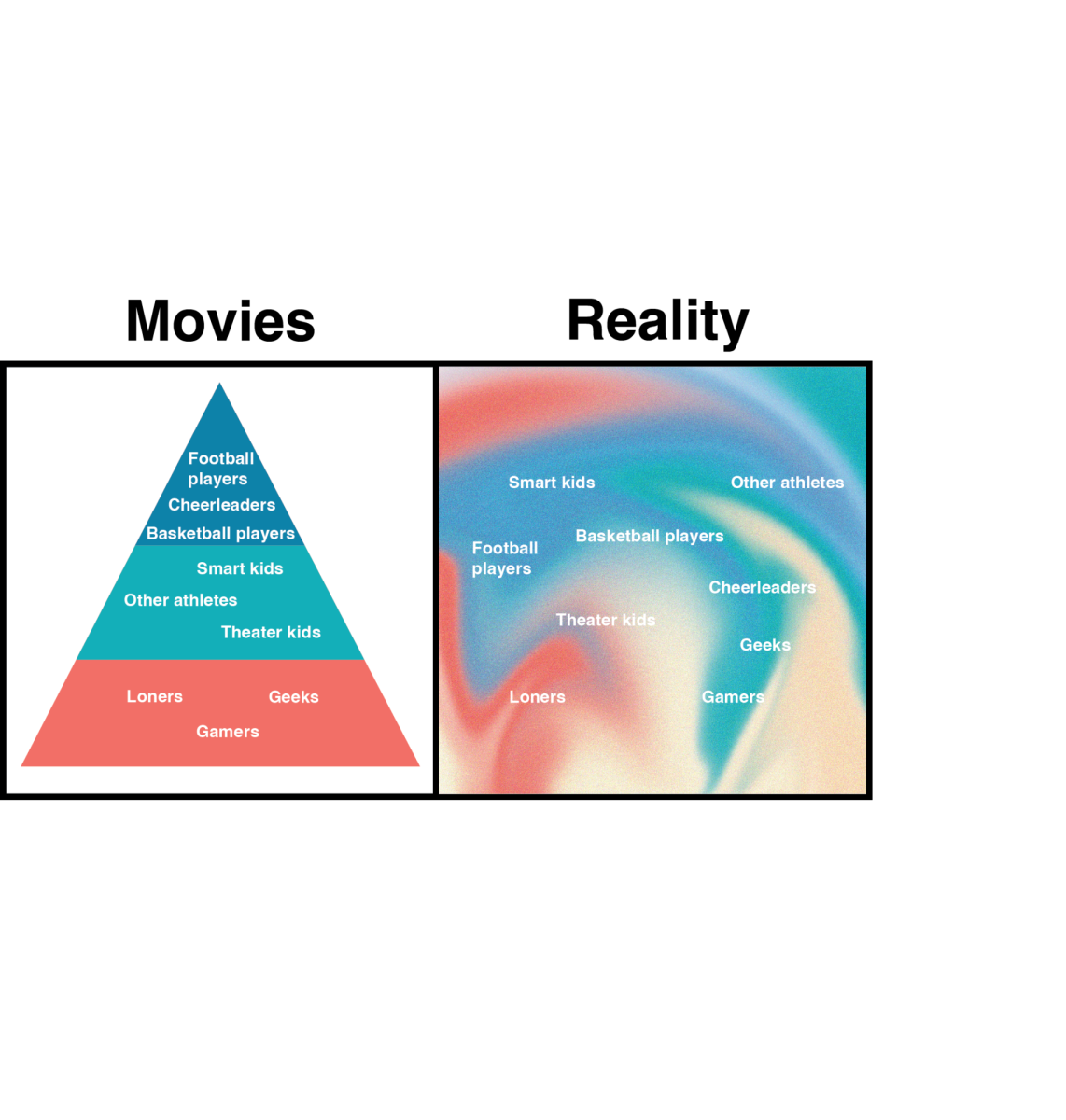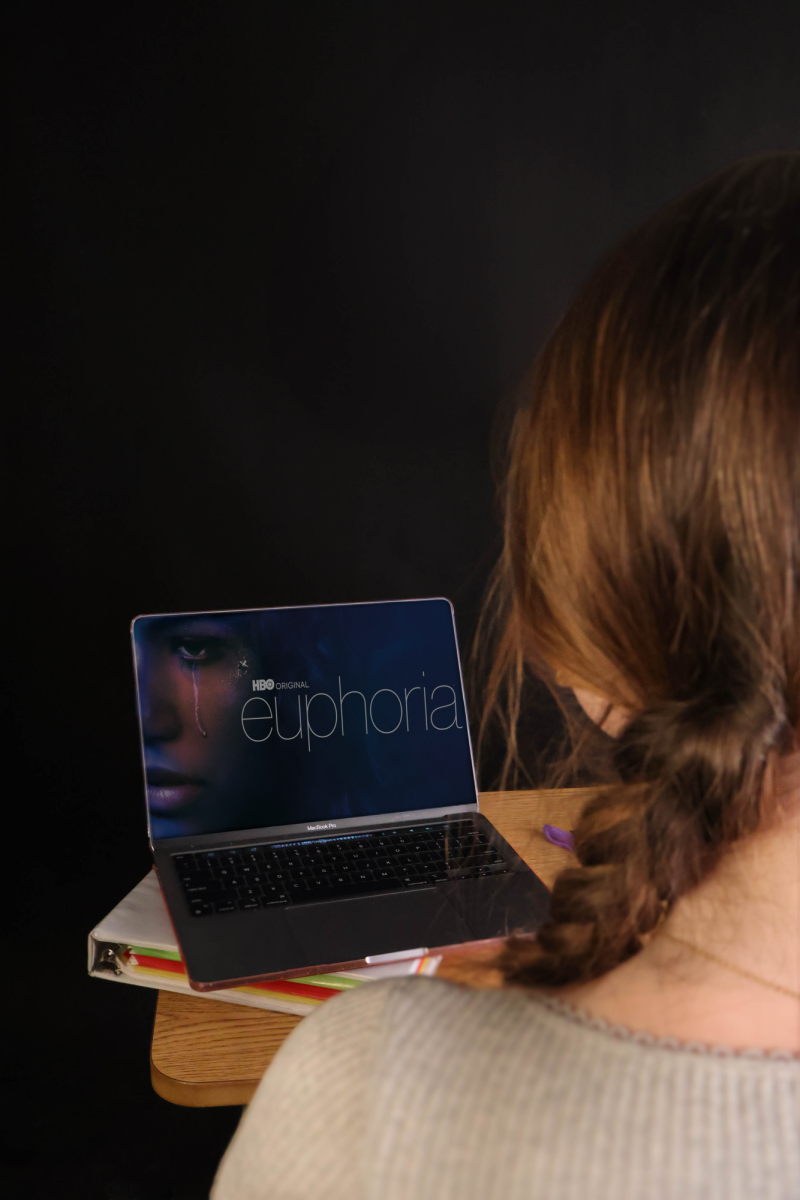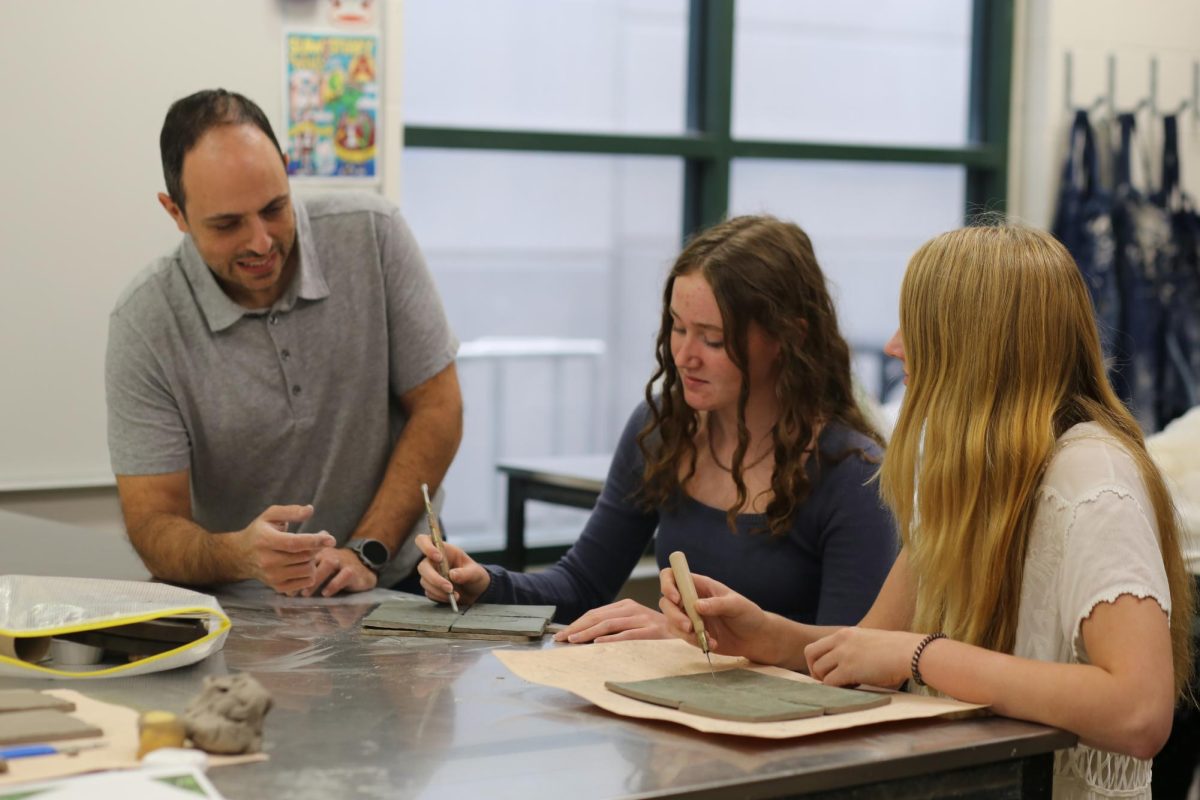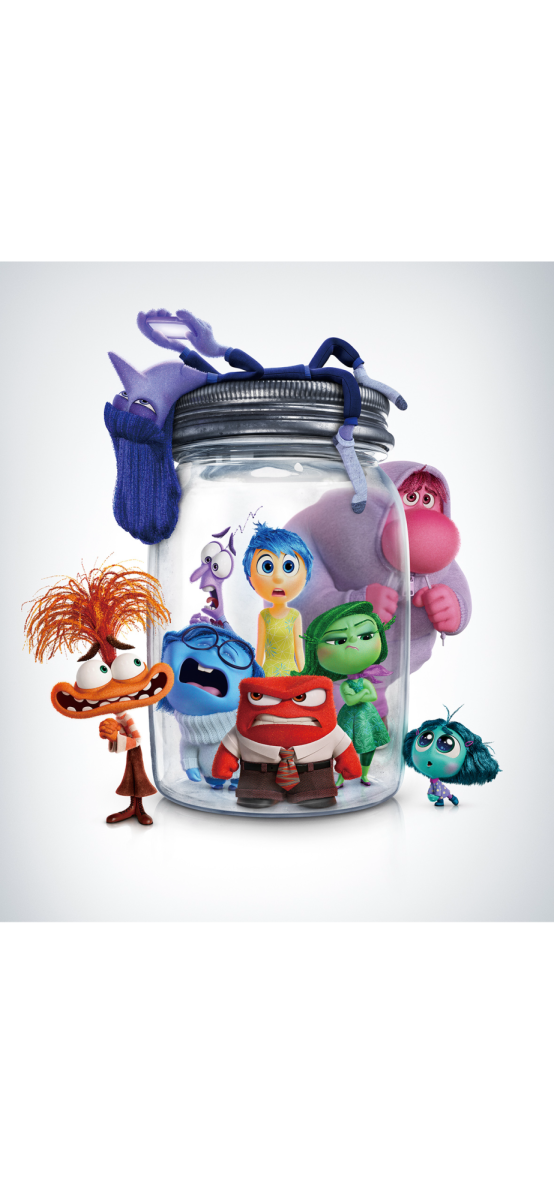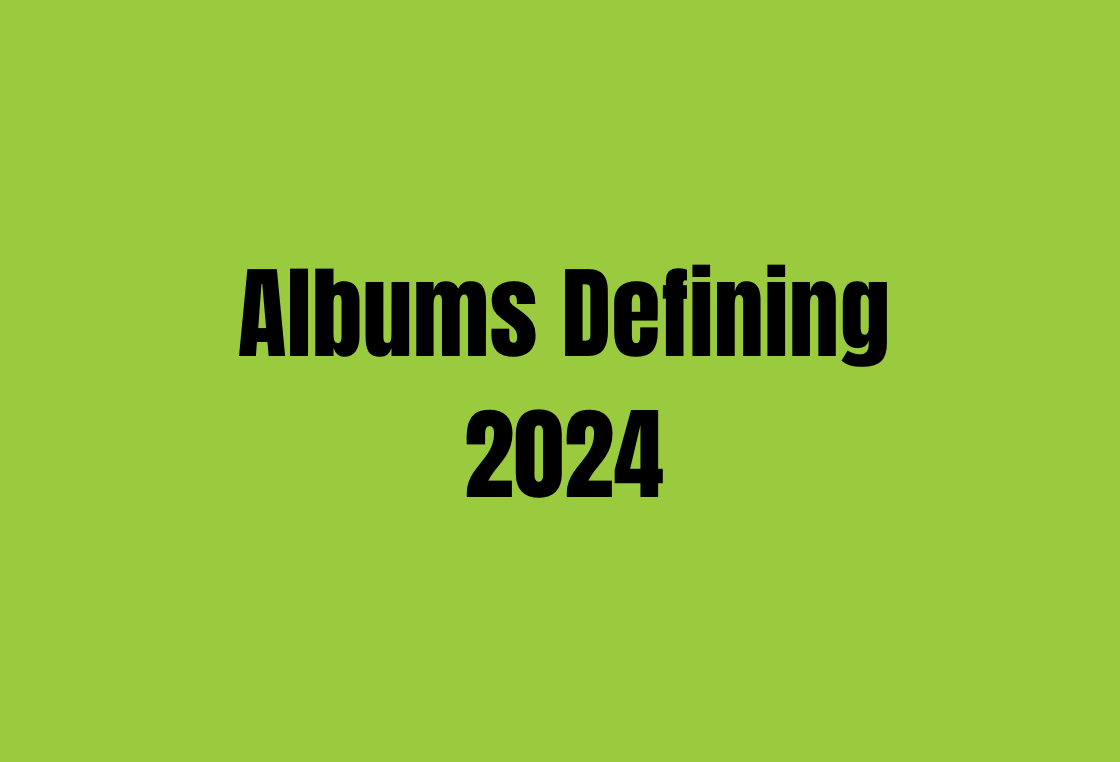In a year that blurred the boundaries between the absurd and the brilliant, pop culture once again proved its unparalleled ability to unite, surprise and spark conversation. From viral animal sensations to trends that defined the zeitgeist, 2024 offered a kaleidoscope of moments that kept us entertained and glued to our screens. These weren’t just fleeting distractions but threads that wove together a shared cultural narrative, bringing laughter, debate, and even a touch of nostalgia to our daily lives.
#1 Brat Summer
Brat Summer wasn’t just a trend — it was a movement. Born from Charli XCX’s Brat album, it captured everything wild, messy, and loud 2024 needed. If there’s one thing Brat Summer proved, it’s this: Perfection is overrated, and the world is finally ready to embrace it.
During Brat Summer, “everything is romantic” with the unpredictable chaos it brought. The usual filtered and kempt culture did a complete 180, turning into a season where perfection was stripped away and every small, untamed moment became something worth celebrating. In 2024, Brat Summer was a reminder that there is beauty in noise, rebellion, and rejection of everything too perfect. It wasn’t about having a curated feed — it was about living authentically, loudly and a little out of control.
#2 Baby Animals
2024 saw the rise of a viral trio of baby animals that captivated the internet with their unique personalities. Moo Deng, the sassy, unpredictable pygmy hippo, quickly became a symbol of pure chaos. Her loud, dramatic outbursts were strangely captivating, leaving viewers both laughing and shaking their heads.
Pesto, a giant baby penguin, was the opposite. Towering over his enclosure mates but never in a hurry. His sheer size only made his calm demeanor more amusing—while other penguins scrambled around, he simply stood unbothered. Clips of him staring into the distance or waddling with absolute indifference became the internet’s favorite reaction images, perfect for every moment of exhausted acceptance.
Then there was Haggis, another pygmy hippo whose personality seemed larger than life. Small yet undeniably charismatic, Haggis stood out for her charm, playfulness and momentary rivalry with Moo Deng, though it was quickly resolved.
Together, these three became internet sensations, each embodying a different facet of life’s absurdity. What started as a few viral clips turned into a full-fledged internet obsession, proving once again that sometimes the most random things define a year. In their silliness and relatability, they offered the perfect mix of humor and heart, capturing our attention in a way only the simplest things can.
#3 Celebrity Look-alike Contests
In 2024, celebrity look-alike contests became an unexpected sensation. These events, held worldwide, weren’t about dressing up like a star but finding someone who naturally resembled one. Fans gathered to celebrate their idols by hunting for people who looked just like them, creating an atmosphere of excitement and humor in cities everywhere.
Among the most memorable was the Timothée Chalamet look-alike contest, where things took an unexpected turn after a contestant, Matt Mannix, was arrested with two charges of failing to comply with directions from park staff and police officers, disorderly conduct and trespassing. And, to everyone’s surprise, the real Timothée showed up. There were also contests featuring Jeremy Allen White, Jacob Elordi and Zendaya, sparking a frenzy of fans searching for the best doppelgängers.
“My favorite contest was definitely the Jacob Elordi contest in Melbourne,” freshman and Jacob Elordi stan Anoushka Desai said. “It was so entertaining seeing all the videos about it online.”
These events weren’t just about competition; they were a fun, communal experience where fans bonded over their admiration for the stars while finding humor in the uncanny resemblances that often felt too real to be coincidental. It was a celebration of fandom — one doppelgänger at a time.
#4 Olympics
When we think of the Olympics, we often think of the intense competition, the gold medals and the world records. But in 2024, the Olympics quickly became about something else: memes. It wasn’t just the athletic feats that captured our attention but the viral moments. Pommel Horse Guy (Stephen Nedoroscik), RayGun’s dance moves, Norwegian swimmer and chocolate muffin enthusiast Henrik Christiansen weren’t just athletes; they were the internet’s latest obsession. They became symbols of how quickly moments could turn into memes and how athletes were no longer just celebrated for their skills — they were celebrated for the humanity they brought to the table.
One of the most touching moments came from Tara Woodhall, whose victory wasn’t just about the medal, but about what happened afterward. When she ran from the track to embrace her fiancé, Paralympian Hunter Woodhall, it was a moment of pure emotion that went far beyond sports. It wasn’t just a celebration of her success but of their shared journey and love. When Hunter later triumphed at the Paralympics, the couple’s story became a symbol of resilience, humility, and support—reminding us all that the heart of the Olympics is more than just gold; it’s about the powerful connections between people.
“The Olympics got a whole new life with memes,” freshman and pommel horse enthusiast Tyler Tongson said. “It was like every moment was a chance for something to go viral.”
In 2024, these athletes transcended the sport — they became part of the meme ecosystem, celebrated not for their gold medals but for their authentic, human moments. This shift showed how technology and social media have reshaped how we view global events. No longer was it enough to win a medal — you had to have a moment that resonated with people on a personal level. The Olympics became a reflection of our need for connection, for shared experiences that went beyond the screen.
#5 Brainrot
Lastly, 2024 saw the rise of a strange new language: brain rot terminology. These weren’t just random words — they were part of a cultural phenomenon. Terms like “rizzler” and “skibidi” became a language all their own, a way for internet dwellers to connect and communicate in ways that didn’t need to make sense but somehow did. ++Sometimes, it was just a few seconds from a video or a moment in a live stream that sparked a new term, quickly spreading across the internet. Brainrot wasn’t just a trend — it changed our language, a chaotic, delightful break from the seriousness that defined our feeds.
“Brainrot is just part of the internet culture now,” junior and avid brainrot user Micheal Salinas said. “It’s always been like memes just going around, and it’s all just a way for people to communicate and joke around without taking things too seriously.”
The rise of brain rot wasn’t about getting the words right — it was about leaning into randomness. In a world that often feels too structured, these strange terms were a way of rejecting the usual norms. They were a reminder that we could communicate however we wanted, and in that mess, it somehow clicked.




